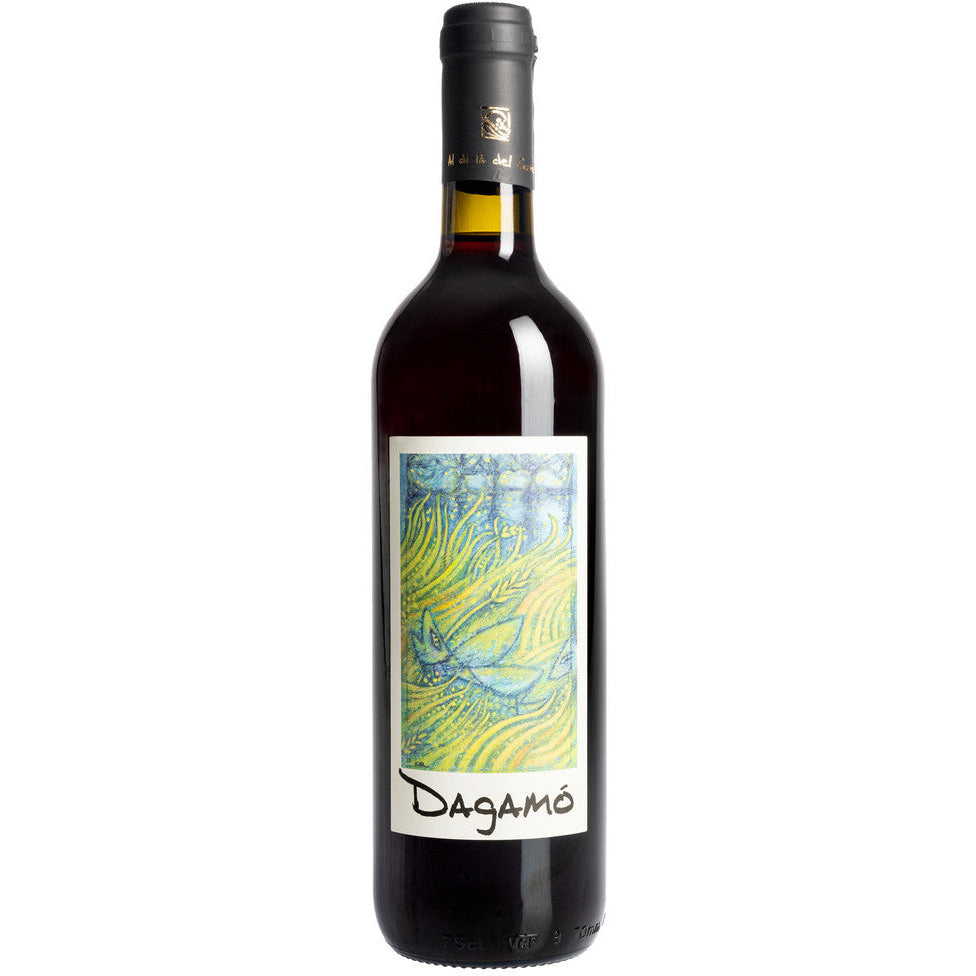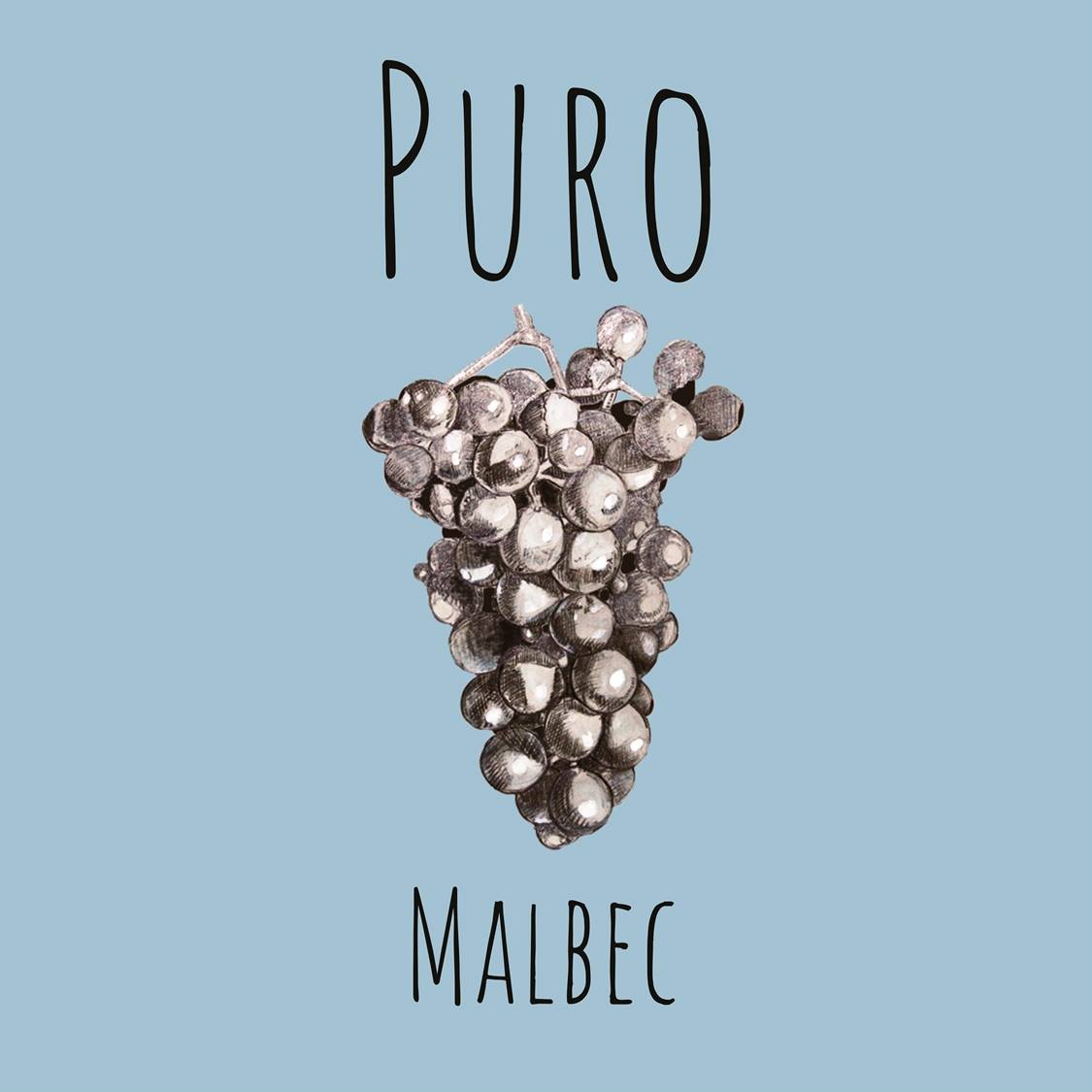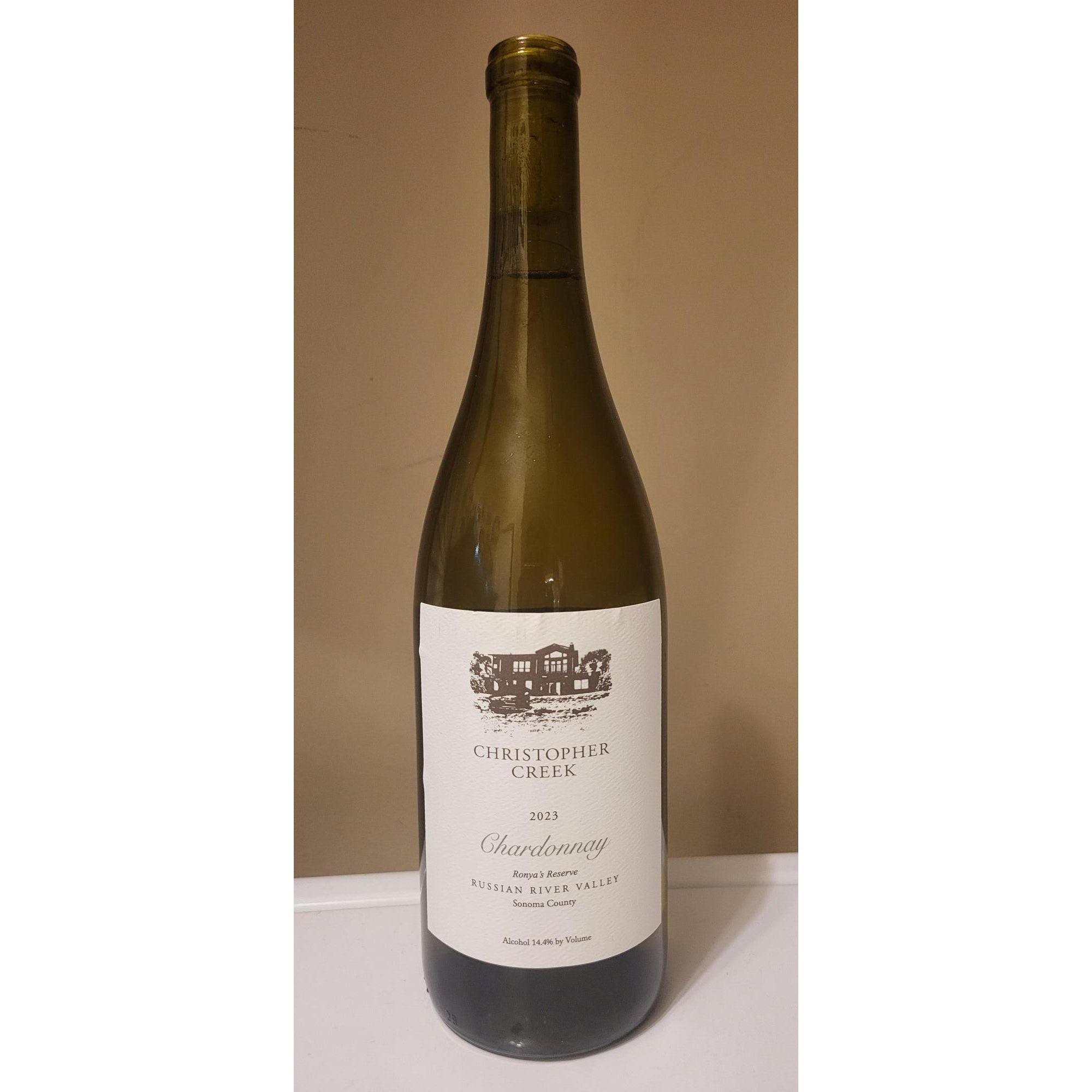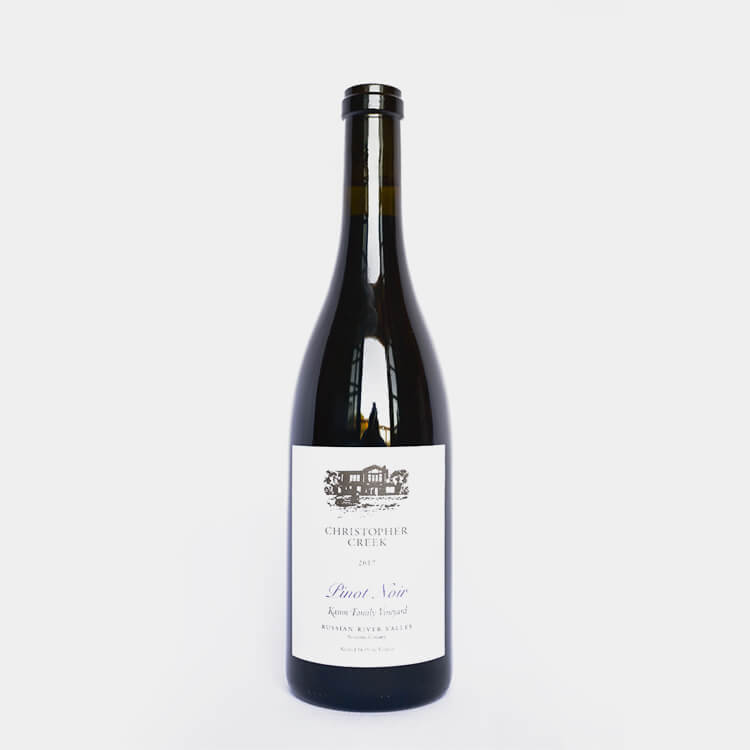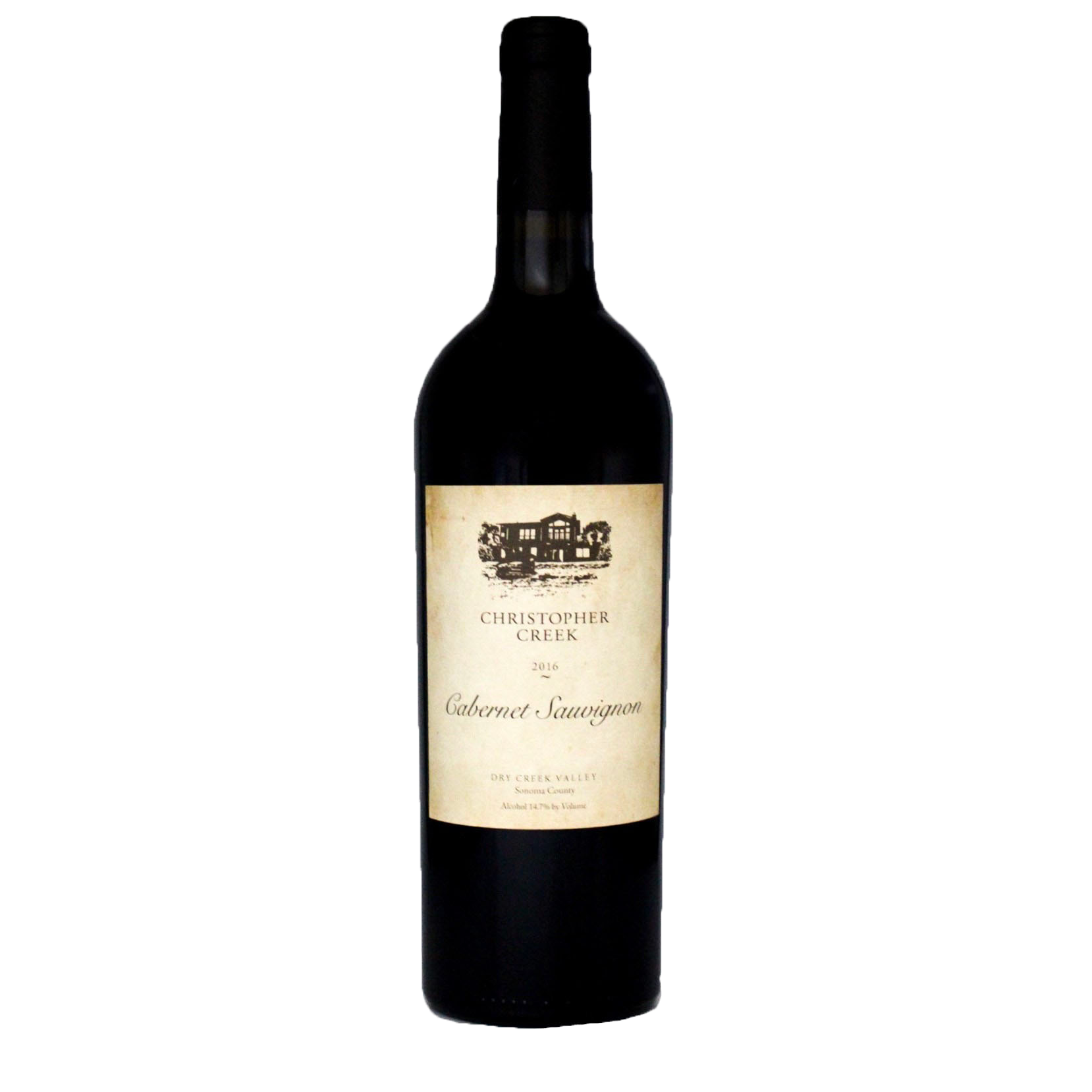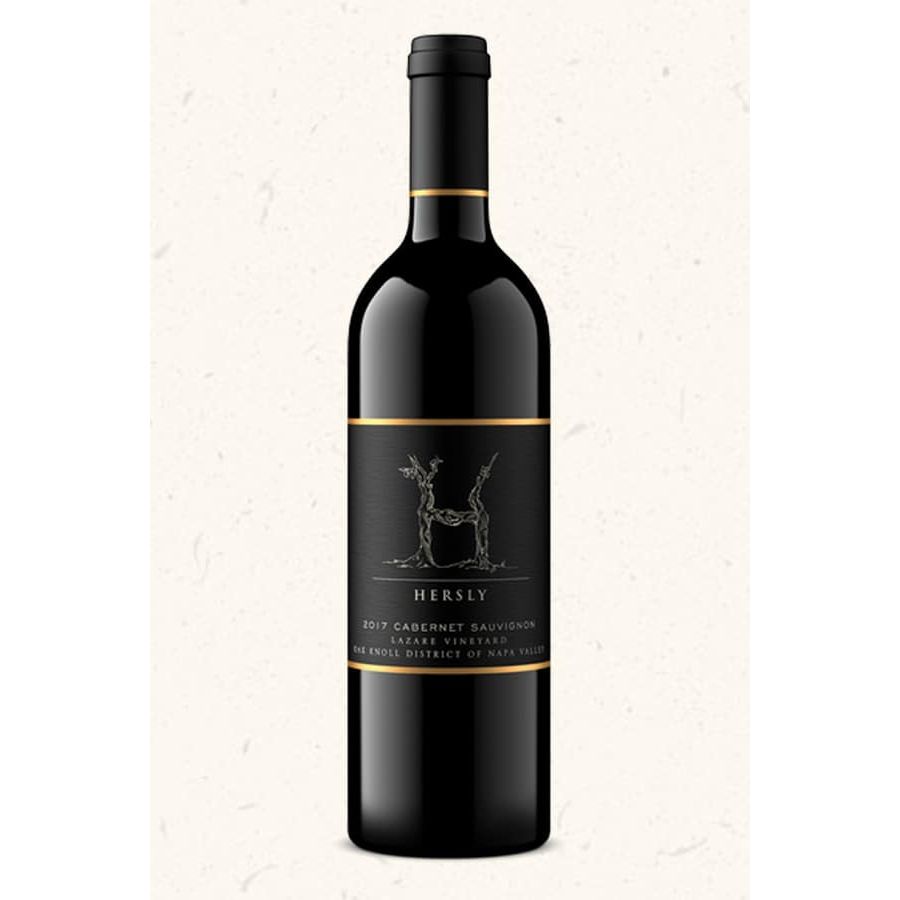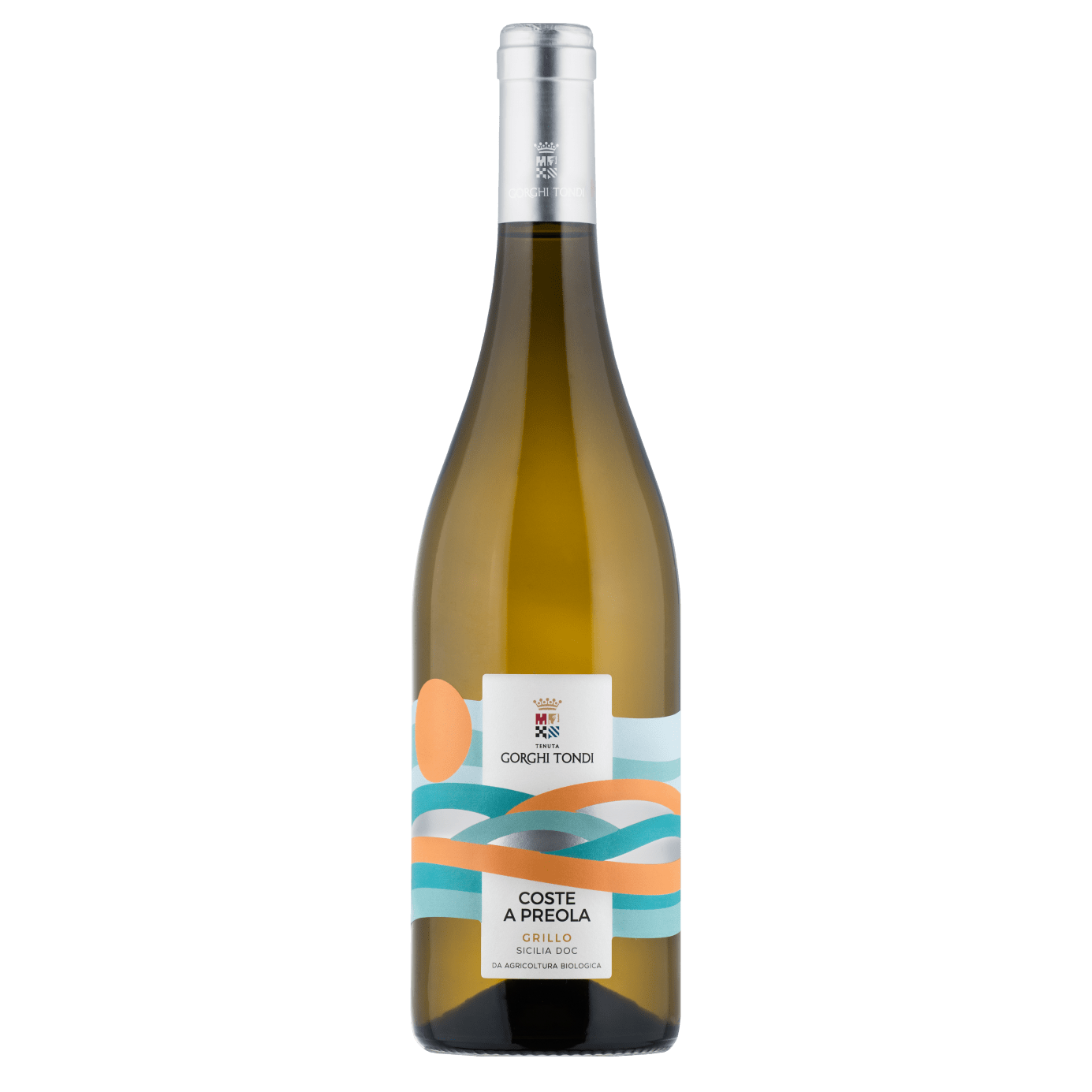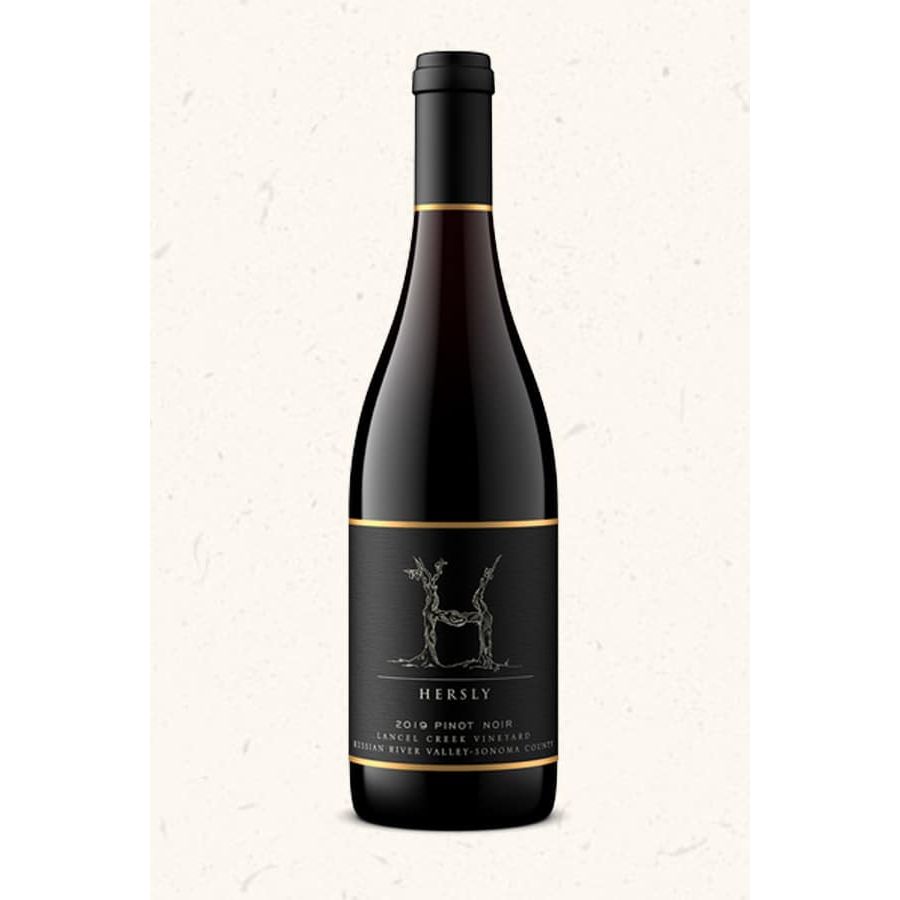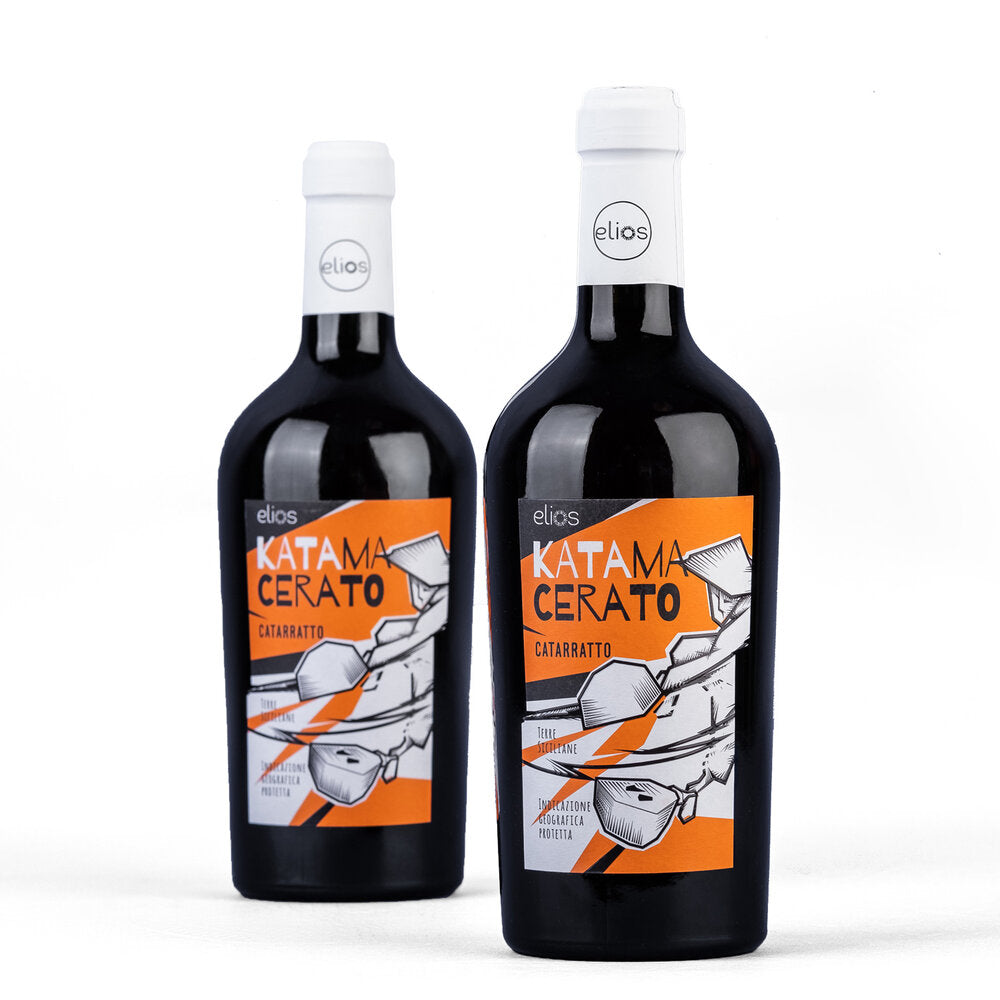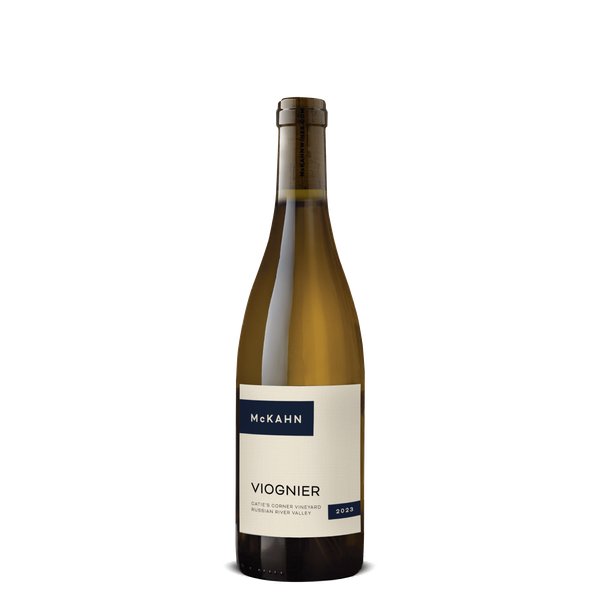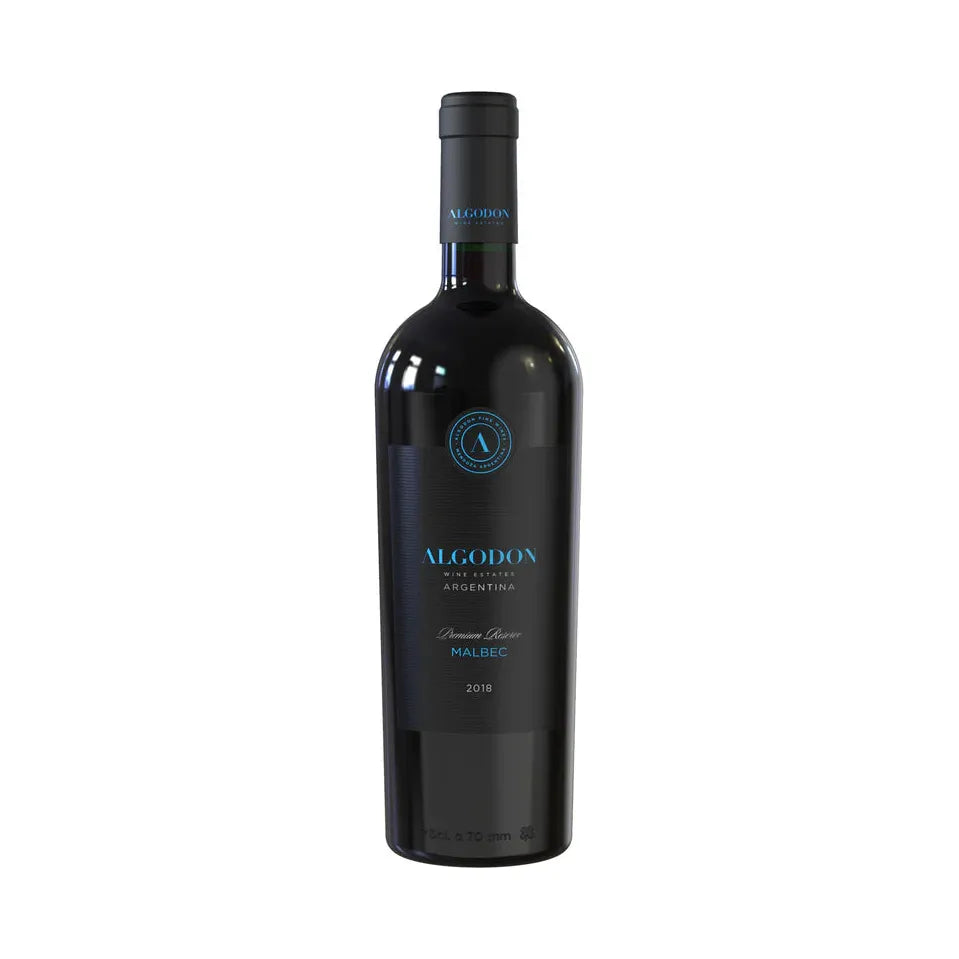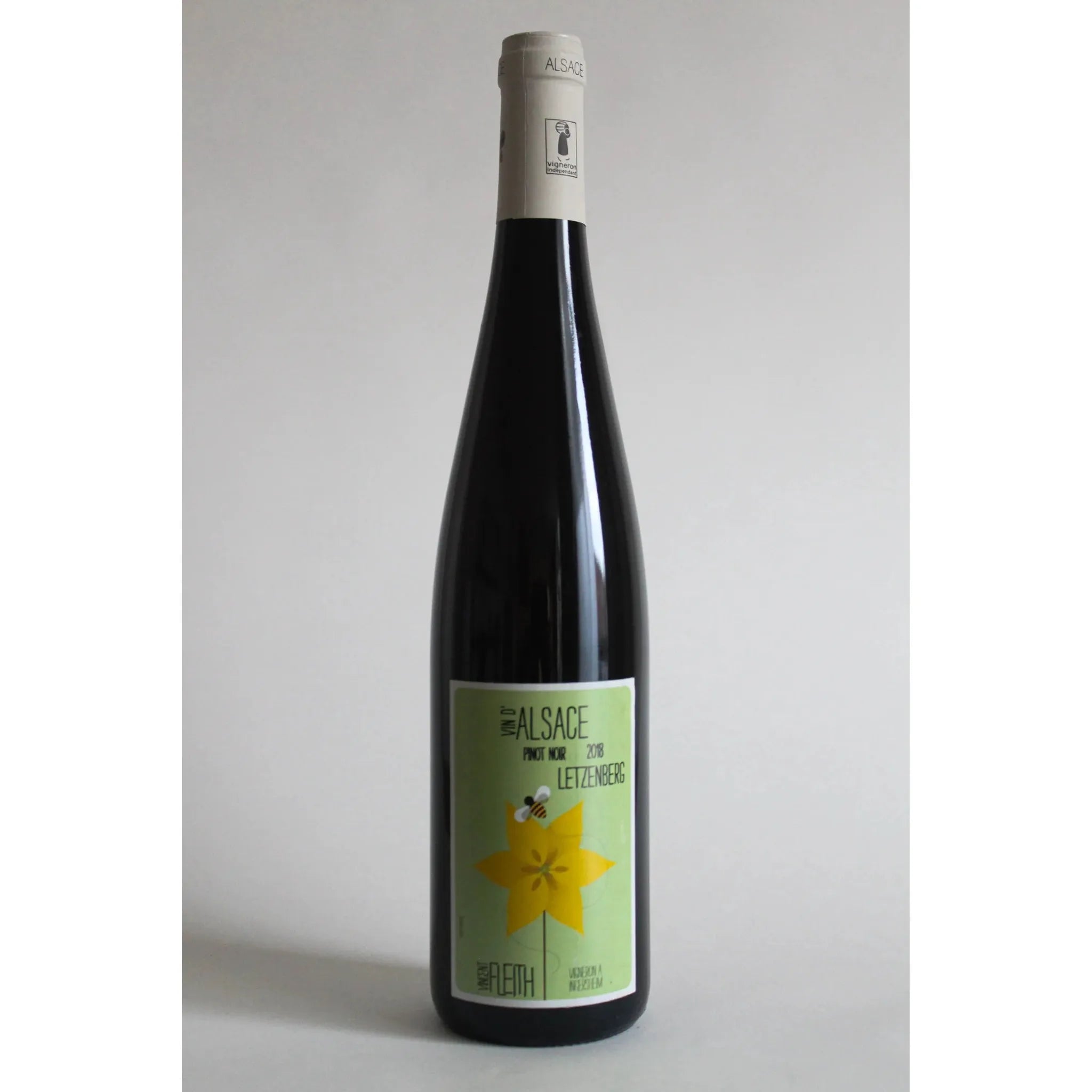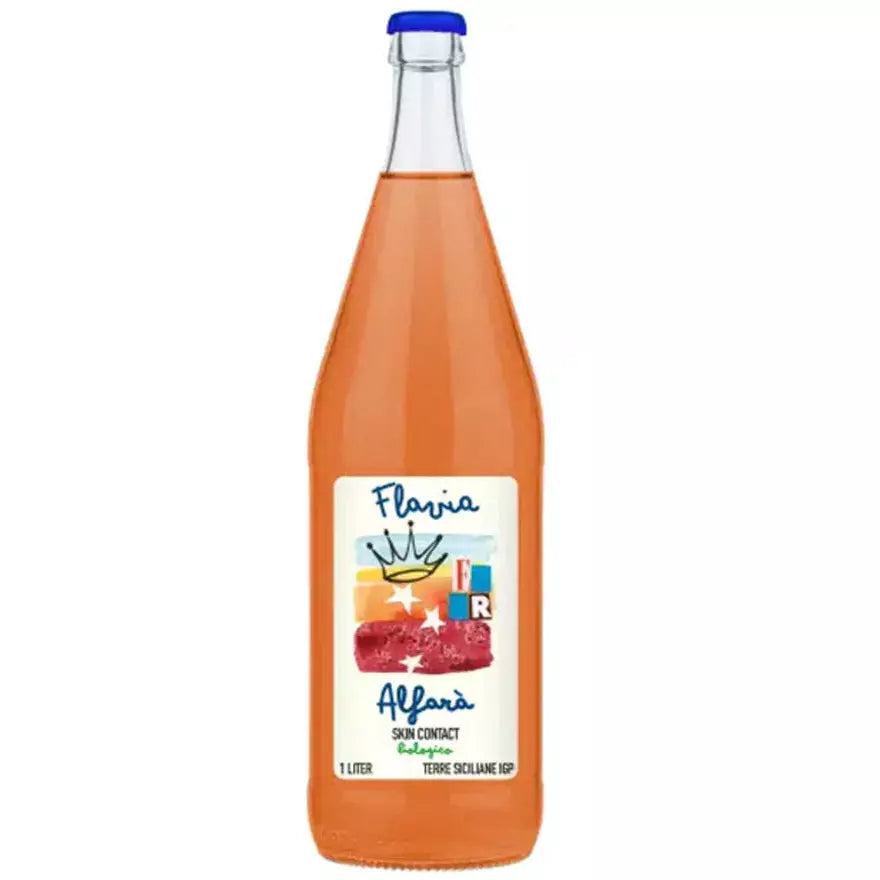
What is natural wine?

Natural wine is a type of wine made with minimal intervention in the vineyard and winery, aiming to preserve the natural qualities of the grapes and the environment. While there is no strict definition, natural wine is generally characterized by the following principles:
- Organic or Biodynamic Farming: Natural wine producers often use organic or biodynamic farming practices. This means avoiding synthetic pesticides, herbicides, and fertilizers while promoting biodiversity and soil health.
- Hand-Harvesting: Grapes for natural wine are typically hand-picked rather than harvested by machines to ensure the selection of only the healthiest grapes.
- Minimal Additives: Natural winemakers use minimal or no additives during the winemaking process. This includes avoiding or limiting the use of sulfites (sulfur dioxide), which is a common preservative in conventional winemaking.
- Wild Fermentation: Natural wines often undergo fermentation with naturally occurring yeast present on the grape skins and in the winery, as opposed to using commercial yeast strains.
- Low Intervention: The winemaking process is kept as simple and unobtrusive as possible. This means less manipulation of the wine through processes like filtration or fining.
- Unfiltered and Unfined: Many natural wines are unfiltered and unfined, allowing the wine to retain more natural flavors and textures. This can result in cloudy or sediment-filled wines.
- Terroir Emphasis: Natural winemakers often prioritize expressing the unique characteristics of the vineyard, known as terroir, rather than striving for a uniform or standardized flavor profile.
- Limited Sulfite Use: While some sulfites may be used in natural winemaking, their use is generally kept to a minimum, and many natural wines have very low sulfite levels compared to conventional wines.
It's important to note that the term "natural wine" is not regulated, so practices can vary among producers who identify as natural winemakers. Some natural wines may have distinct funkiness or unusual flavors due to the reliance on wild yeast and minimal intervention, which can be polarizing to consumers. However, the movement has gained popularity among those seeking wines that reflect a sense of place and a more holistic approach to winemaking.



